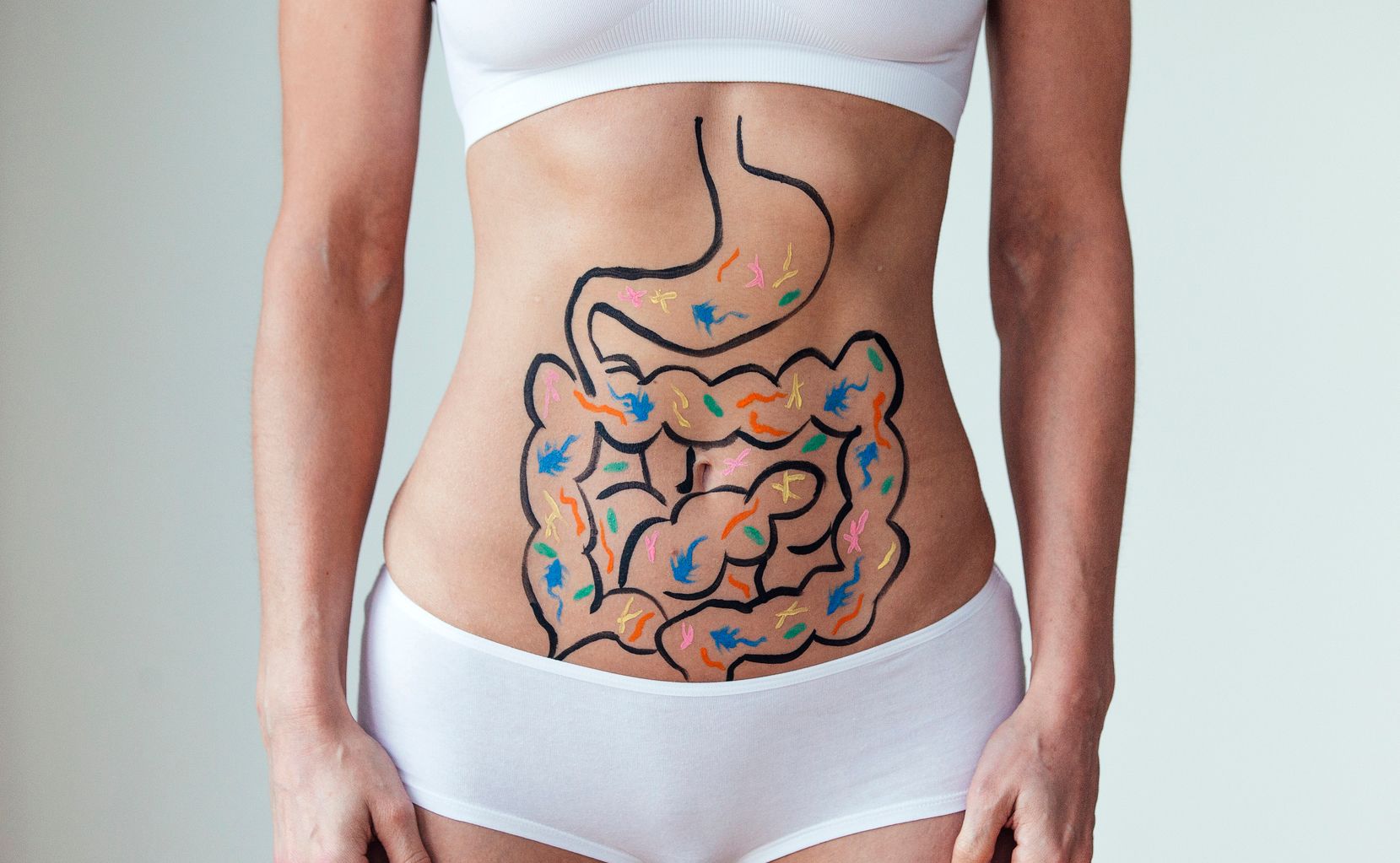3 Ways to Treat Diarrhea
Fluids, a bland diet, and over-the-counter medicines can help manage your symptoms and ease diarrhea.


While not a pleasant topic to think about, everyone has gastrointestinal issues from time to time. One of the most commondigestive problemsis diarrhea, or loose, watery stools, usually accompanied by the frequent and urgent need to use the bathroom.
A typical bout of diarrhea only lasts a few days, going away on its own without any treatment.
“But severe diarrhea, diarrhea that lasts more than a few days, or prolonged episodes of diarrhea are all reasons to see a doctor, as they could indicate something more serious,” saysStephen Bickston, MD, professor of internal medicine and director of the inflammatory bowel disease program at Virginia Commonwealth University Health Center in Richmond.
It’s also important to remember thatdiarrhea treatmentsfor adults, especially medication, may not be the same forchildren with diarrhea, so always consult yourpediatricianbefore giving your children any medication.
If you have diarrhea, here are three ways to ease your discomfort:
1. Stay Hydrated
Your body can lose a lot of fluids and salts when you have diarrhea, makingdehydrationa major concern. Frequent loose and watery stools can quickly lead to fluid loss.
Here are some easy ways to stay hydrated:
- Select sports drinks or Pedialyte.Sports drinks work because of their sugar and salt content; both allow water to be more easily absorbed, and even more so when taken together. People can make their own sports drinks by adding a teaspoon of salt to a quart of apple juice, Bickston says. “That little amount of salt will help the body absorb fluids but isn’t enough to make the apple juice taste bad.” Bickston recommends keeping your drinks at room temperature because a warm drink will sit better with you than a cold one. Pedialyte is marketed toward kids, but adults can drink it, too. The drink contains both sugar and sodium to help replenish fluids.
- Stick to clear liquids.Some other good choices fortreating diarrheainclude clear broth and water.
- Avoid drinks that can worsen symptoms.Caffeinated, alcoholic, and sugary drinks can worsendehydration. Milk and other dairy products can also make your symptoms worse because diarrhea can cause temporary乳糖intolerance. (Temporary乳糖intolerancecan persist beyond the acute episode.)
2. Eat a Bland Diet
When dealing with a brief bout of diarrhea, you want to keep your diet bland. It’s important to eat if you can, although you may find it best to only have clear liquids for the first 24 hours. Then you can slowly add bland foods to your diet. Some bland foods include bananas, rice, applesauce, and toast — otherwise known as the BRAT diet.
Research showsthere’s not a lot of evidence to support the benefits of following this diet, but it may not hurt. At the same time, while bananas may be okay for adults, they’re not recommended for children who’ve been vomiting. Crackers and mashed potatoes — minus the butter — may offer a better alternative for both adults and children.
It’s best to avoid greasy, fatty, and fried foods because these can exacerbate your symptoms. You’ll also want to stay away from any foods and drinks that cause gas, which can lead to stomach cramping with diarrhea. These include beans, Brussels sprouts, cabbage,avocados, and carbonated drinks.
If diarrhea lasts more than a few days, you might want to investigate the foods you’re eating, as some can irritate your bowel and make diarrhea worse. These includefoods high in fiber, such as bran, whole grains, and brown rice, as well as greasy and highlyprocessed foods, dairy (including yogurt), and excessively sweet foods. Foods that are sweetened withsorbitolmay also aggravate diarrhea, Bickston says.
腹泻持续超过两周商店uld prompt a visit to your doctor. They can check for infections, food intolerances, and more serious illness. Tests are available to see if you have a food allergy or condition like lactose intolerance,celiac disease, or a谷蛋白sensitivity. Do not try to eliminate these foods from your diet on your own before talking to your doctor because it can alter the results of your tests.
3. Take Over-the-Counter Medication
In most cases, over-the-counter medication can be helpful in stopping an occasional bout of diarrhea — especiallytraveler’s diarrhea, which may result from ingesting contaminated food or water while abroad. Over-the-counter options includeImodium (loperamide)andPepto-Bismol or Kaopectate (bismuth subsalicylate). “These are reasonable to use on occasion and have the great advantage of not requiring a doctor’s prescription,” Bickston says, adding that they should not be used for more than two days.
One thing to keep in mind is that if you take pharmaceutical remedies for traveler’s diarrhea, they may make you feel better sooner, but they could keep any bacteria, parasites, or viruses in your system longer. In most cases, diarrhea will go away on its own within a few days. If the diarrhea persists, talk to your doctor.
A Word on Probiotics
Some early studies have shown possible benefits to takingprobiotics, or live bacteria and yeast that naturally live in the body.
But theAmerican Gastroenterological Associationwarns that more research is needed to better understand the true effects of probiotics on digestive symptoms and recommends against taking probiotics.

By subscribing you agree to theTerms of UseandPrivacy Policy.
